8 Things To Consider When Choosing The Right Electric Bike
E-bikes are becoming more and more popular. An eco-mobility revolution is underway, everyone wants to be part of it. And there is no reason to not make good use of the cycle paths flourishing in our cities. Unlike normal bicycles, electrically assisted bicycles free people from tiring pedaling, you will no longer have any difficulties in getting to your destination. All this without emitting a single gram of CO2.
In this guide, we provide 8 essential criteria to take into account when buying your electric bike. And help you answer the question: How to choose your electric bike?
Contents
The purpose of the electric bike
The wheel & tire size of electric bikes
The engine power of electric bikes
Electrical assistance & brake system
1. The purpose of the electric bike.
Whether it is to get around town, commuting or outdoor hunting, you will always find the the electric bike to fulfill your needs. But in one case or another the technical characteristics of electric bikes may vary and should therefore influence your choice.

E-bikes for City Commuting
If you need an electric bike to take you from point A to point B every day, such as commuting, it’s recommended to buy an electric bike with the following practical features.
- Good braking system to handle traffic jams: Double braking is smoother and safer.
- A Compact design to help you go through the alley.
- Appropriate cruise distance: The driving distance after a single charge is better to be the integer multiple of your commuting distance, otherwise you may have to pedal during rush hours.
- Lightweight: A lighter electric is more energy-saving and saves a lot of labor when pedaling.
- Removable battery: you can charge the battery in the office.
- Affordable: one of the reasons for ebike commuting is money-saving
- Appearance: a good-looking ebike will brighten your mood on a unpleasant Monday commute.
- Bright taillights: keep you safe when you are cycling in the night.
- Meet local policies: Different countries and regions have different requirements for the maximum speed and other parameters of electric assistance bicycles. It is better to understand these policies before riding on the road.
How to Choose the Best E-bike for Commuting
Folding e-bikes
Folding electric bikes are easy to store in your trunk, office, storage room, and you can bring it in elevator when it’s needed. Generally, foldable ebikes are lighter, makes them easy to fold & unfold, and carry around.
These are important factors to consider:
- Size after folding: will it fit in your trunk or other small space?
- Wheel size: you can’t fold wheels, big wheels means big folding size.
- Weight: heavy electric bikes will be difficult to fold and carry.
- Frame quality: poor quality frame will be easily damaged after repeated folding.
Best Folding Electric Bikes for Commuting 2021
|
Picture |
|
|
|
|
Wheel size |
14 inches |
16 inches |
20 inches |
|
Braking System |
Front / Rear disc brake |
Front / Rear disc brake |
Front / Rear disc brake |
|
Motor power |
350W |
250W |
250W |
|
Max. Speed |
25km/h |
25km/h |
23.7km/h |
|
Light |
LED head + tail lights |
LED head light |
LED head + tail lights |
|
Battery |
10Ah Lithium-ion battery |
10Ah Lithium-ion battery |
10Ah Lithium-ion battery |
|
Charging time |
4 hours |
4 hours |
4 hours |
|
Cruise Distance |
Electric mode: 35 - 45km Assistance mode: 50 - 60km |
Electric Mode: About 55km Assistant Mode: about 80km |
Electric Mode: About 55km Assistant Mode: about 80km |
|
Weight |
21kg |
22.5kg |
21.5kg |
|
Full Size |
120 x 105 x 61cm |
140 x 105 x 61cm |
147 x 106 x 61cm |
|
Folding Size |
120 x 79 x 22cm |
65 x 86 x 23cm |
147 x 78 x 32cm |
|
Foldable Parts |
Stem Pedals |
Stem Frame Pedals |
Stem Pedals |
|
Max. load |
75kg |
100kg |
100kg |
|
Suitable Height |
155 - 178cm |
155 - 178cm |
160 - 190cm |
|
Other features |
Charging protections |
Rear shock absorbing |
Shimano 6 gear speed shift With hidden inflator pump |
Off-road E-Bikes
Off-road electric bikes including fat tire electric bikes (or Fatty) and all-terrain e-bikes are intended for more sporty use. They are usually equipped with larger tires to run on the most difficult surfaces (such as forest roads), and can handle almost everything you throw at them. Electric all-terrain bikes are not equipped with special accessories but it may be appropriate to have mudguards.
You may need these features
- Powerful motor: you need at least 750W motor to climb the steep terrain, the specific wattage depends on the terrain and your weight.
- Strong frame: there are steel, aluminum alloy, carbon fibre, etc. Among them, the aluminum alloy frame is adopted by many e-bikes because it well balanced in price and weight.
- Long cruise distance: The mileage you can drive after a single charge ensures that you can ride farther in the wild. It's best to predict how far you want to go when hunting for e-bikes.
- Multiple shock absorption
- Lockable shock absorption: Shock absorbers will lose part of the forward power, so the suspension front fork that can be opened and locked according to the terrain and power requirements is very practical.
Best Off-road Electric Bikes 2021
|
Picture |
|
|
|
|
|
|
Wheel size |
26 x 4 inch fat tire |
20 x 4 inch fat tire |
26 x 4 inch fat tire |
26-inch |
27.5-inch |
|
Braking system |
Front & rear Hydraulic disc braking |
Front & rear Hydraulic disc braking |
Front & rear Hydraulic disc braking |
Front & rear Mechanical disc braking |
Front & rear Mechanical disc braking |
|
Motor power |
500W |
1000W |
1500W |
500W |
500W |
|
Max. speed |
35km/h |
35km/h |
40km/h |
35km/h |
40km/h |
|
Battery Capacity |
12.8Ah |
15Ah |
12.8Ah |
10Ah |
17Ah |
|
Charging time |
6 hours |
7 hours |
6 hours |
5 hours |
7 hours |
|
Gears |
Shimano 0 - 9 |
Shimano 0 - 7 |
Shimano 0 - 9 |
Shimano 0 - 7 |
Shimano 0 - 7 |
|
Shock Absorber |
Front fork + rear |
Front fork + rear |
Front fork + rear |
Front fork + rear |
Front fork + rear |
|
Cruise Distance |
Electric Mode: 45km Assistant Mode: 100km |
Electric Mode: 50km Assistant Mode: 100km |
Electric Mode: 45km Assistant Mode: 100km |
Electric Mode: 35 - 40km Assistant Mode: 70 - 80km |
Electric Mode: 30 - 40km Assistant Mode: 50 - 80km |
|
Weight |
28.5kg |
27kg |
31kg |
24kg |
32kg |
|
Max load |
200kg |
200kg |
200kg |
100kg |
150kg |
|
Full Size |
198 x 110 x 65cm |
177 x 120 x 62cm |
198 x 110 x 65cm |
181 x 105 x 64.5cm |
186 x 110 x |
|
Folding Size |
105 x 100 x 45cm |
100 x 80 x 50cm |
105 x 100 x 45cm |
102 x 96 x 39cm |
Non-foldable |
|
Saddle Height |
85 - 105cm |
90 - 100cm |
85 - 105cm |
82 - 98cm |
80 - 100cm |
|
Suitable Height |
170 - 210cm |
165 - 210cm |
170 - 210cm |
160 - 210cm |
170 - 210cm |
|
Certifications |
CE |
CE |
CE |
CE, UL, KC, FCC, PSE, ROHS |
CE |
Multi-purpose E-bikes
If you want to get an electric bike that can ride on both tarred roads and country mud roads, then it’s better to choose one with balanced characteristics. Such as:
- Moderate tire size: 20-26 inch tires are more labor-saving when pedaling, and they are more friendly for people under 170cm tall.
- Appropriatemotor power: high motor wattage is more power-consuming.
- Multiple gears: you may need at least 5 gears to suit the requirements of different speed.
- Durable: Multi purpose frequent cycling has high requirements for the quality of e-bikes
Best Multipurpose Electric Bikes 2021
Engwe EP-2 Pro vs. Engwe Engine Pro Electric Bikes
|
Picture |
|
|
|
|
|
Wheel & tire size |
4” x 20 fat tire |
4” x 20 fat tire |
4” x 20 fat tire |
4” x 20 inch fat tire |
|
Braking system |
Front & rear Mechanical disc braking |
Front & rear Hydraulic disc braking |
Front & rear Mechanical disc braking |
Front & rear Hydraulic disc braking |
|
Motor power |
750W |
750W |
500W |
1000W |
|
Max. speed |
35km/h |
40km/h |
35km/h |
35km/h |
|
Battery Capacity |
12.8Ah |
12.8Ah |
10Ah |
15Ah |
|
Charging time |
About 6 hours |
About 6 hours |
About 4 hours |
7 hours |
|
Frame material |
Aluminum Alloy |
Aluminum Alloy |
Aluminum Alloy |
Aluminum Alloy |
|
Cruise Distance |
Electric mode: 40km Assistant mode: 80km |
Electric mode: 50km Assistant mode: 80km |
Electric Mode: 35km Assistant Mode: 70km |
Electric Mode: 50km Assistant Mode: 100km |
|
Gears |
Shimano 7 gears |
Shimano 8 gears |
Shimano 7 gears |
Shimano 7 gears |
|
Shock Absorber |
Lockable front fork mechanical shock absorber |
Lockable front fork hydraulic shock absorber + rear mechanical shock absorber |
Lockable front fork mechanical shock absorber |
Lockable front fork mechanical shock absorber |
|
Weight |
32kg |
37kg |
35kg |
27kg |
|
Max load |
150kg |
150kg |
130kg |
200kg |
|
Full Size |
167 x 118cm |
167 x 118cm |
176 x 128cm |
177 x 120cm |
|
Folding Size |
81 x 76cm |
81 x 76cm |
102 x 80cm |
100 x 80cm |
|
Certifications |
CE |
CE |
CE, MSDS, UN38.3, UL |
CE |
|
Saddle Height |
81 - 102cm |
81 - 102cm |
85 - 107cm |
90 - 100cm |
|
Suitable Height |
170 - 200cm |
170 - 200cm |
170 - 200cm |
170 - 200cm |
2. The wheel & tire size of electric bikes
Wheels and the tires are the most obvious parts of a bicycle, so choosing the right wheel & tire size means you are halfway there.
Thin Tire vs. Fat Tire E-bike: Which is Better?

14-Inch e-bikes
It’s the smallest wheel size for electric bikes. Here are BuyBestGear’s best 14-in electric bikes 2021
|
Picture |
|
|
|
Wheel size |
14 inches |
14 inches |
|
Braking System |
Front & Rear disc brake |
Front & Rear disc brake |
|
Motor power |
350W |
400W |
|
Max. Speed |
25km/h |
25km/h |
|
Light |
LED head + tail lights |
No light |
|
Gears |
1 |
3 |
|
Shock Absorber System |
Central |
Rear |
|
Battery |
10Ah Lithium-ion battery |
15Ah Lithium-ion battery |
|
Charging time |
4 hours |
8 hours |
|
Cruise Distance |
Electric mode: 35 - 45km Assistance mode: 50 - 60km |
Electric mode: 65km Assistance mode: 100km |
|
Weight |
21kg |
21.5kg |
|
Full Size |
120 x 105 x 61cm |
122 x 108 x 37cm |
|
Folding Size |
120 x 79 x 22cm |
71 x 64 x 37cm |
|
Foldable Parts |
Stem Pedals |
Stem Frame |
|
Max. load |
75kg |
120kg |
|
Suitable Height |
155 - 178cm |
155 - 178cm |
|
Other features |
Red braking light |
App smart control |
16-inch e-bikes
You can typically found 16 inch tires on folding e-bikes. They are very light weighted and can be easily carried around.
Buybestgear’s best 16-inch e-bikes 2021
|
Picture |
|
|
|
Wheel size |
16 inches |
16 inches |
|
Braking System |
Front & Rear disc brake |
Front & Rear disc brake |
|
Motor power |
250W |
350W |
|
Max. Speed |
25km/h |
25km/h |
|
Light |
LED head light |
LED head light |
|
Battery |
10Ah Lithium-ion battery |
10Ah Lithium-ion battery |
|
Charging time |
4 hours |
4 hours |
|
Cruise Distance |
Electric Mode: About 55km Assistant Mode: about 80km |
No Electric mode Assistant mode: 50km |
|
Weight |
22.5kg |
23kg |
|
Full Size |
140 x 105 x 61cm |
137 x 113 x 24cm |
|
Folding Size |
65 x 86 x 23cm |
78 x 65 x 35cm |
|
Foldable Parts |
Stem Frame Pedals |
Stem Frame |
|
Max. load |
100kg |
120kg |
|
Suitable Height |
155 - 178cm |
155 - 178cm |
|
Other features |
Rear shock absorbing |
/ |
20-inch e-bikes
Most foldable fat tires and mountain bikes use 20 inch wheels, they are smaller and provide just enough moving rate.
The best selling 20-inch e-bikes 2021
|
Picture |
|
|
|
|
|
Wheel & tire size |
4” x 20 fat tire |
4” x 20 fat tire |
4” x 20 fat tire |
4” x 20 inch fat tire |
|
Braking system |
Front & rear Mechanical disc braking |
Front & rear Hydraulic disc braking |
Front & rear Mechanical disc braking |
Front & rear Hydraulic disc braking |
|
Motor power |
750W |
750W |
500W |
1000W |
|
Max. speed |
35km/h |
40km/h |
35km/h |
35km/h |
|
Battery Capacity |
12.8Ah |
12.8Ah |
10Ah |
15Ah |
|
Charging time |
About 6 hours |
About 6 hours |
About 4 hours |
7 hours |
|
Frame material |
Aluminum Alloy |
Aluminum Alloy |
Aluminum Alloy |
Aluminum Alloy |
|
Cruise Distance |
Electric mode: 40km Assistant mode: 80km |
Electric mode: 50km Assistant mode: 80km |
Electric Mode: 35km Assistant Mode: 70km |
Electric Mode: 50km Assistant Mode: 100km |
|
Gears |
Shimano 7 gears |
Shimano 8 gears |
Shimano 7 gears |
Shimano 7 gears |
|
Shock absorber |
Lockable front fork mechanical shock absorber |
Lockable front fork hydraulic shock absorber + rear mechanical shock absorber |
Lockable front fork mechanical shock absorber |
Lockable front fork mechanical shock absorber |
|
Weight |
32kg |
37kg |
35kg |
27kg |
|
Max load |
150kg |
150kg |
130kg |
200kg |
|
Full Size |
167 x 118cm |
167 x 118cm |
176 x 128cm |
177 x 120cm |
|
Folding Size |
81 x 76 x 35 cm |
76 x 66 x 35cm |
102 x 80cm |
100 x 80cm |
|
Certifications |
CE |
CE |
CE, MSDS, UN38.3, UL |
CE |
|
Saddle Height |
81 - 102cm |
81 - 102cm |
85 - 107cm |
90 - 100cm |
|
Suitable Height |
160 - 195cm |
160 - 195cm |
160 - 195cm |
165 - 190cm |
26-inch e-bikes
Most electric bikes use 26 inch wheels, it an industry norm for electric bikes. You will find it easier to pedal when you have bigger wheels.
The most hot-selling 26-inch e-bikes 2021
|
Picture |
|
|
|
|
|
Wheel size |
26 x 4 inch fat tire |
26 x 4 inch fat tire |
26-inch |
26-inch |
|
Braking system |
Front & rear hydraulic disc braking |
Front & rear hydraulic disc braking |
Front & rear mechanical disc braking |
Front & rear mechanical disc braking |
|
Motor power |
500W |
1500W |
500W |
350W |
|
Max. speed |
35km/h |
40km/h |
30km/h |
33km/h |
|
Battery Capacity |
12.8Ah |
12.8Ah |
10Ah |
11.6Ah |
|
Charging time |
6 hours |
6 hours |
5 hours |
6 hours |
|
Gears |
Shimano 0 - 9 |
Shimano 0 - 9 |
Shimano 0 - 7 |
Shimano 0 - 7 |
|
Shock absorber |
Front fork + rear oil shock absorber |
Front fork + rear oil shock absorber |
Front fork + rear oil shock absorber |
Front fork shock absorber |
|
Cruise Distance |
Electric Mode: 45km Assistant Mode: 100km |
Electric Mode: 45km Assistant Mode: 100km |
Electric Mode: 35 - 40km Assistant Mode: 70 - 80km |
Electric Mode: 35 - 48km Assistant Mode: 70 - 80km |
|
Weight |
28.5kg |
31kg |
24kg |
22kg |
|
Max load |
200kg |
200kg |
100kg |
120kg |
|
Full Size |
198 x 110 x 65cm |
198 x 110 x 65cm |
181 x 105 x 64.5 |
181 x 110 x 68cm |
|
Folding Size |
105 x 100 x 45cm |
105 x 100 x 45cm |
102 x 96 x 39 |
Non-foldable |
|
Saddle Height |
85 - 105cm |
85 - 105cm |
82 - 98cm |
88 - 105cm |
|
Suitable Height |
170 - 210cm |
170 - 210cm |
160 - 210cm |
160 - 210cm |
|
Certifications |
CE |
CE |
CE, UL, KC, FCC, PSE, ROHS |
CE |
27.5-inch 29-inch and bigger electric bikes
Some basic physics knowledge tells us that larger wheels are more labor-saving and more efficient. But they are heavier and higher, less friendly for people under 175cm tall.
27.5-inch and plus e-bike recommendations 2021
|
Picture |
|
|
|
|
Wheel size |
27.5-inch |
27.5-inch |
27.5-inch |
|
Braking system |
Front & rear Mechanical disc braking |
Front & rear Mechanical disc braking |
Front & rear Mechanical disc braking |
|
Motor power |
500W |
250W |
250W |
|
Max. speed |
40km/h |
25km/h |
25km/h |
|
Battery Capacity |
17Ah |
10Ah |
12.5Ah |
|
Charging time |
7 hours |
4 hours |
5 hours |
|
Gears |
Shimano 0 - 7 |
Shimano 0 - 7 |
Shimano 0 - 7 |
|
Shock Absorber |
Front fork + rear shock absorber |
Lockable front fork shock absorber |
Front fork shock absorber |
|
Cruise Distance |
Electric Mode: 30 - 40km Assistant Mode: 50 - 80km |
Electric Mode: 30 - 40km Assistant Mode: 50 - 80km |
Electric Mode: 30 - 40km Assistant Mode: 50 - 80km |
|
Weight |
32kg |
21.7kg |
25kg |
|
Max load |
150kg |
120kg |
120kg |
|
Full Size |
186 x 110 x 68cm |
170 x 105 x 70cm |
173 x 83 x 63CM |
|
Folding Size |
Non-foldable |
Non-foldable |
Non-foldable |
|
Saddle Height |
80 - 100cm |
84 - 103cm |
83 - 100cm |
|
Suitable Height |
170 - 210cm |
170 - 210cm |
170 - 210cm |
|
Certifications |
CE |
CE |
CE |
Fat tire electric bikes
Electric bikes with 4 inch or wider tires are called fat tires(or fatty), they provide better grip and shock absorption. Fat tires are becoming more and more popular now, not just between cyclists and outdoor enthusiasts, because they can play stably in all kinds of terrain, even when they are covered in mud, ice or snow.
Thin tire electric bikes
Normally electric bikes with 2-inch tires are called thin tires (or skinny tires). Thin tires are lighter, more efficient and easier to handle. They are more suitable for flat city roads such as paved roads. Compare to fat tires, thin-tire e-bikes are faster and agile, but they also have disadvantages such as not being sturdy enough and easily being punctured.
Plus-size tire electric mountain bikes
Tires with width between 2.4 inches and 3.25 inches are called plus-size tires. They are lighter than fat tires and stronger than thin tire.
3. E-bike Batteries
Electric Bike Battery types
As you can imagine, the battery is the most important element of an electric bike. It is necessary to pay particular attention to the technical characteristics of the batteries before purchasing an electrically assisted bike.
For example, it’s better to understand the parameters and guarantee of battery in detail before buying an ebike, such as brand, type, lifetime, charging time, warranty time, removable or not, etc.
Choose a recognized manufacturer of electric bikes
Good batteries will only be supplied to qualified electric bicycle manufacturers. This is already a guarantee of quality on its manufacture and the reliability of the announced characteristics.
Choose e-bikes with safer battery type
Lithium-ion batteries: The best choice is Lithium-ion battery, because the technology is the latest and most reliable.In addition, Lithium-ion batteries are less heavy and not sensitive to memory effects. Which means Lithium-ion batteries will not lose their maximum energy capacity if they are repeatedly recharged after being only partially discharged. Here is a note on using Lithium-ion batteries: don’t recharge the battery after it is drained. It will affect the battery life.
Lithium Polymer battery: You can also find batteries with Lithium polymer (Li-Po) technology but they are not at all suitable for a product such as a electric bicycle. Lighter Li-Po batteries have heat instabilities and have short lifespan. They are more often found in drones or models.
Lead-acid batteries & cadmium batteries: The technologies to be banned because they are technologically outdated. And the lead battery is heavier than the Lithium-ion and has a shorter lifespan.
Battery performance
After looking at the battery, you need to understand the performance of the battery. Basically, there are two criteria to look at to make the right choice, voltage and amperage in the hour. While there are several volt volts on the electric bike market, the most standard is 36V volts. You must then pay attention to the amperage expressed in ampere/hour (Ah) because this will condition the battery's range.
The capacity of electric bike batteries ranges from 8Ah to 15Ah. For example, with a 36V 8Ah battery count on a range of only 30 km, with a 36V 10 Ah battery a range of 50-70 km and with a 36V battery 15 Ah a range of 80 km.
It is important to know that the battery range announced by the manufacturers can vary from reality because it depends on your body weight and the terrain.
4. The engine power of electric bikes
Once you've made your choice on the type of battery you want, it's time to look at the power of the engine. In fact, if the battery defines the range of the electric bike, the motor is the factor that effects the speed.
In most European countries, the power of electric bikes is regulated by law so all bicycles have the same maximum power of 250W. Even if the battery is capable of delivering a higher power, manufacturers are obliged to restrain the engine at 250W (250 watts).
In fact, above 250W an electric bike is considered by law to be a moped. Also called Speedbike, this one must be registered and insured.
The second constraint of the law concerns the maximum speed of the electric bike. It is set at a maximum of 25km/h. Once this speed has reached, the electrical assistance shall be switched off automatically.
The same is true if the driver stops or stops pedaling. It is therefore not legal to use an acceleration trigger to avoid pedaling, even below 25 km/h when driving on the public road.
Most electric bikes can easily exceed 25 km/h but in this case the e-bike can only be used on private roads. It is then impossible to ride with it on the public road.
The most common e-bike engine powers are as follows:
- 250W e-bikes
- 350W e-bikes
- 400W e-bikes
- 500W e-bikes
- 750W e-bikes
- 1000W e-bikes
- 1500W e-bikes
With the increase of wattage, the theoretical maximum speed of electric bicycle gradually increases, and the off-road and climbing ability will be stronger as well. But the electric bicycles will be more electricity-consuming. A large battery will make the bike heavier.
Of course, the specific parameters and actual performance of electric bikes are affected by temperature, terrain, rider’s body weight, battery and motor performance, etc.
5. E-bike motor positions
On this criterion you will find 3 engine type options depending on the motor position on the bike.
Engine located in the front wheel
If the engine is installed in the front wheel you will have a very linear driving sensation. That is, there will be little difference in power between two pedal strokes. To put it together, it's as if someone was pushing you in the back while pedaling.

Engine located in the rear wheel
In short, there is little difference between an engine placed in the front hub or the rear wheel of the bike. Specialists agree that if the engine is in the front, the bike will be less stable and will lack grip on difficult terrain.But in town or on bitumen you won't feel any difference.

Motor located in the centre
High-end electric bikes are usually equipped with this system. The central electric motor allows a smoother acceleration that accompanies your pedal kick.If you want to install an electric bike conversion kit to give your old classic city bike or road bike electrical support, this is the last type of engine you need to turn to.

6. Electrical assistance & brake system
Electrical assistance types
There are two types of electrical assistance in the electric bike market, the main difference is because the sensor that drive the motor.
The rotation sensor: It is the most used in the electric bike market. The engine comes into action as you cycle and stops when you no longer cycle. It equipment most cycles because it is the simplest to maintain and the cheapest. The only drawback is that the power is delivered in all or nothing. To adjust this, you will have to regulate the level of assistance depending on the terrain and the wind. Once the engine is activated, you are propelled at 11 km/h on flat ground, with the 1st level of assistance, and at 18 km/h with the intermediate level.
The torque (stress) sensor: This technology measures the pressure exerted directly on the pedals. Basically, the harder you press the pedal, the more assistance the motor will give you. For example, it is easier to climb hills because the bike immediately understands the level of difficulty you are in.
The other advantage of the torque sensor is that it ensures better motor reactivity and lower energy consumption (because the assistance is activated only when the force is required).
But every good thing at a price! And the stress sensors are more expensive and you'll find it especially on high-end electric bikes.
In either case you will have several levels of assistance that can be adjusted with the help of the controller attached to the handlebars.
Electric bike brake systems
The most common brake system is disc brake. There are two kinds of braking system, mechanical disc brake and hydraulic disc brake. And as we pay more and more attention to safety performance, most e-bikes are equipped with front and rear disc system. Otherwise, the dangerous tipping may occur during emergency braking
Mechanical disc brake
Like the traditional sliding brake, the mechanical disc brake has sliding cable control. This type of brake can be found on entry-level and mid-range bicycles because they are more affordable. Compare to hydraulic disc brake, they are less effective and has poorer braking modulation. To maintain good braking, It is necessary to lubricate sheaths and cables regularly.

Hydraulic disc brake (oil brake)
Hydraulic disc brake systems don’t need cables and housings. It uses hydraulic to brake, which is filled with brake fluid. The
hose connects the brake lever to the caliper and forms a closed circuit. This system is more powerful, more pleasant, and more reliable. No need to maintenance or adjustment anything other than a purge from time to time.

7. Driving postures
Another thing to consider before purchasing an electric bike is the posture. It is defined by the shape of the frame. The handlebar positions of the three postures are getting lower and lower, and the focus is gradually changing from comfort to speed
Upright position.
This is the most classic and comfortable position because the handlebar is higher and closer to the rider. This posture relaxes the arms and head, and back can be well straight.

Active position
This posture is more popular among new electric bike models. The driver leans more forward for a more sporty feeling and greater driving pleasure. This is commonly the case on electric all-terrain bikes or Fat bikes, which are rarely used to drive in urban areas.

Performance position
You can usually see this posture on the road cycling track. With drop handlebars, the rider can lean forward from the hips and get a ultimate speed.

8. Gearshift and variable speed
You will find 2 types of gearshift system on the electric bike market.
Derailleur gearshift
It's the most widely used system that everyone knows. It allows you to change speed during pedaling. It is suitable for both classical and sports cycling. In the latter case, if it is coupled with a motor in the crankset it allows to obtain a greater torque.
Rear hub gearshift
It is less common than the derailleur, but still has many advantages. First of all, with the gearshift in the rear hub you can change gears without pedaling. It is impossible to derail and no longer need to maintain your bike chain on a regular basis. The latter is protected by a closed system.

In summary
After considering these 8 factors, you will know clearly what you need. If you still have questions, please Online Chat to get sales associates. BuyBestGear is dedicated to offer you electronic products with Fast Delivery, Reliable Quality and Affordable Price.




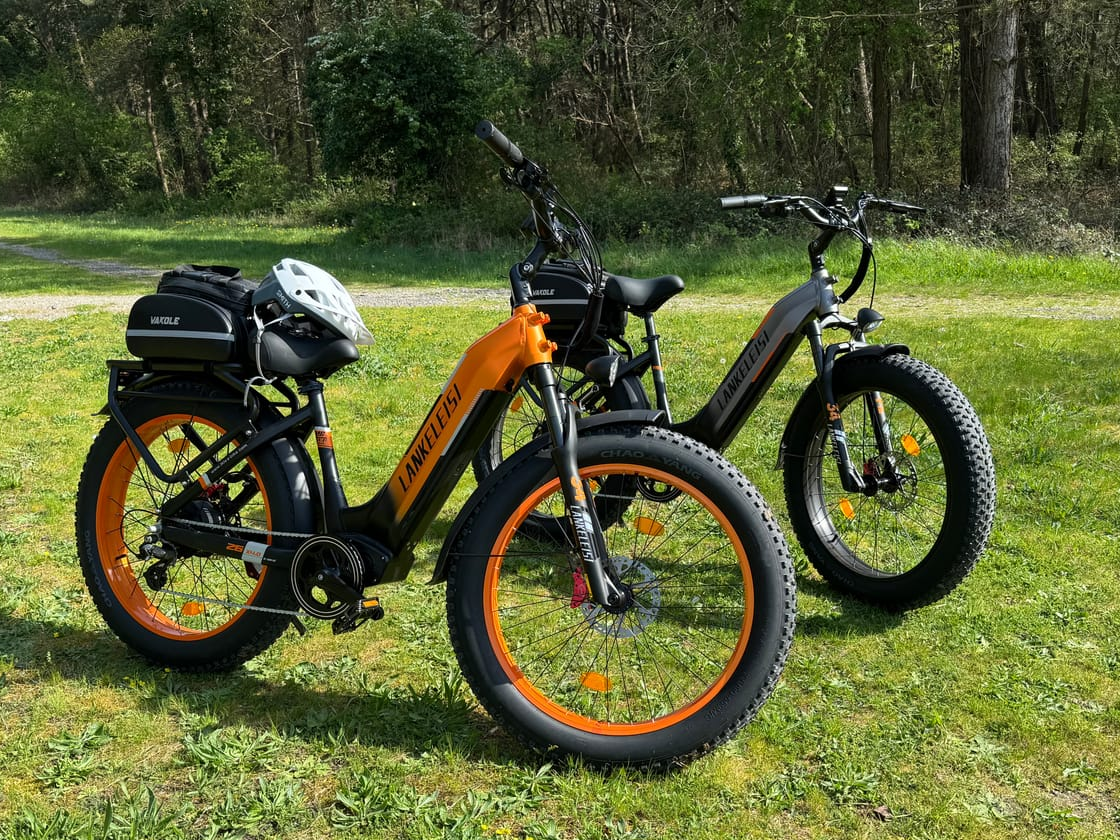
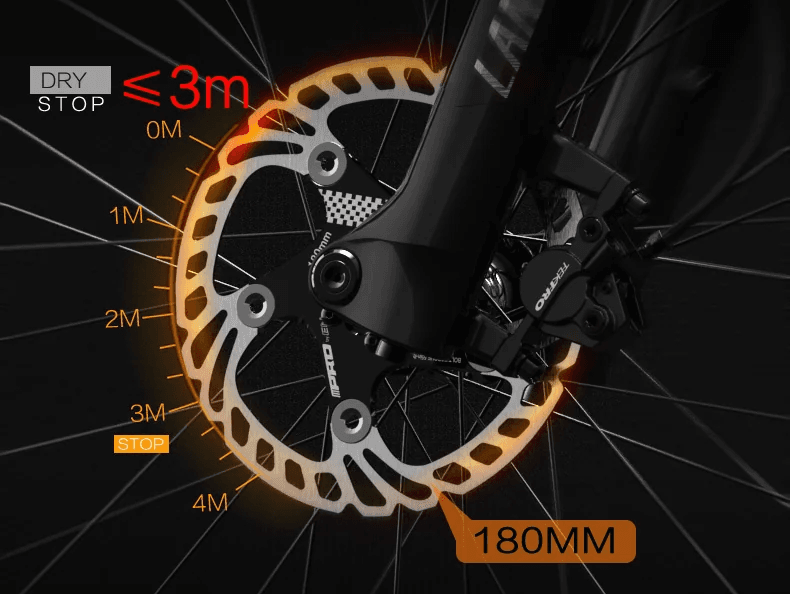
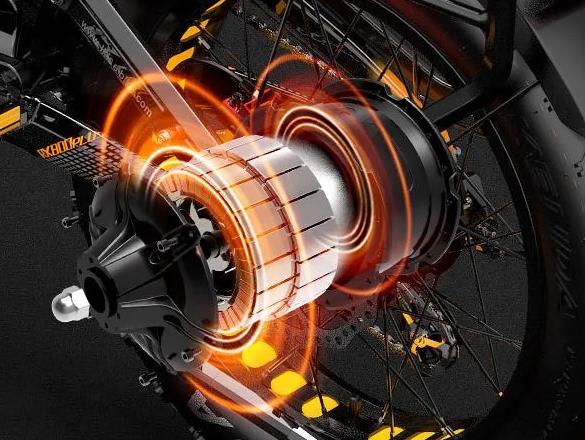
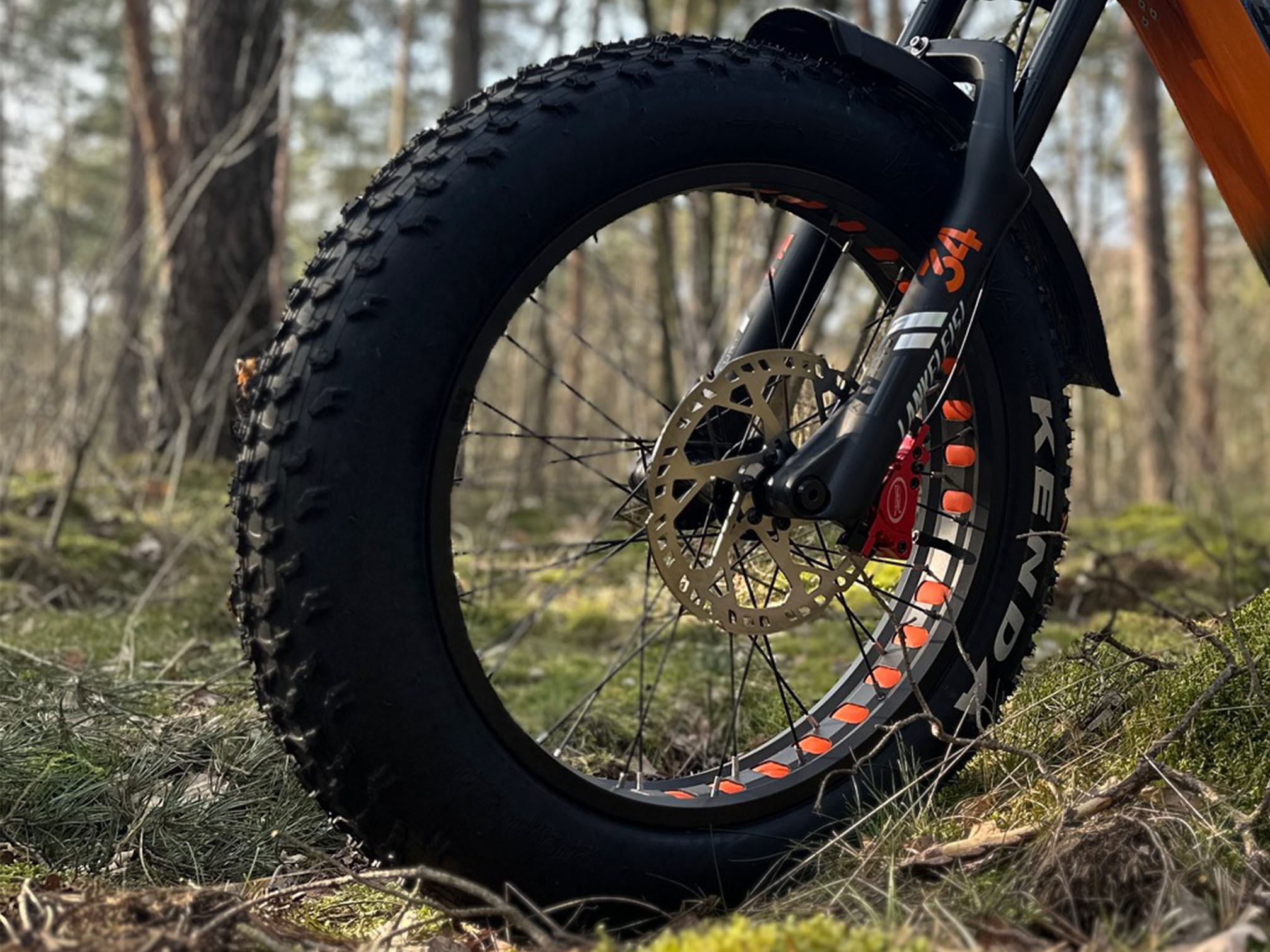
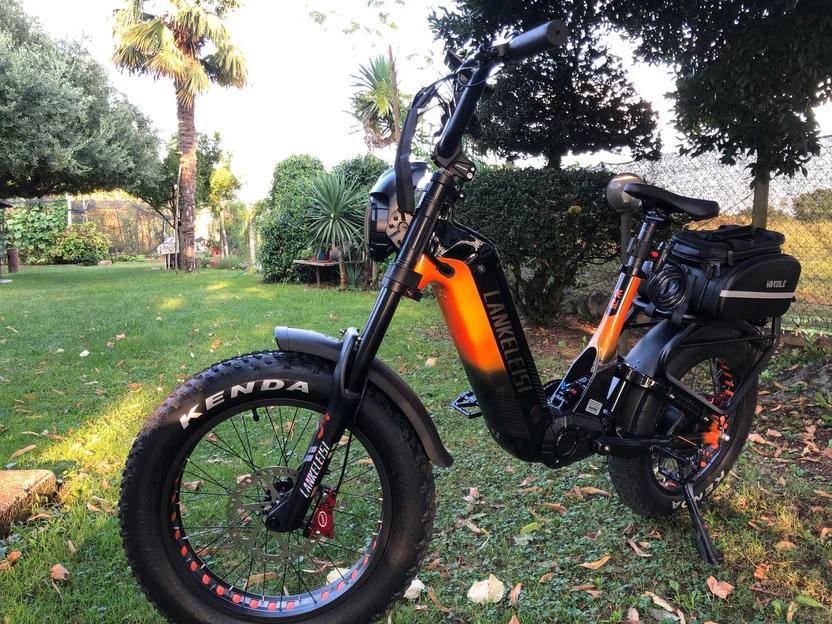
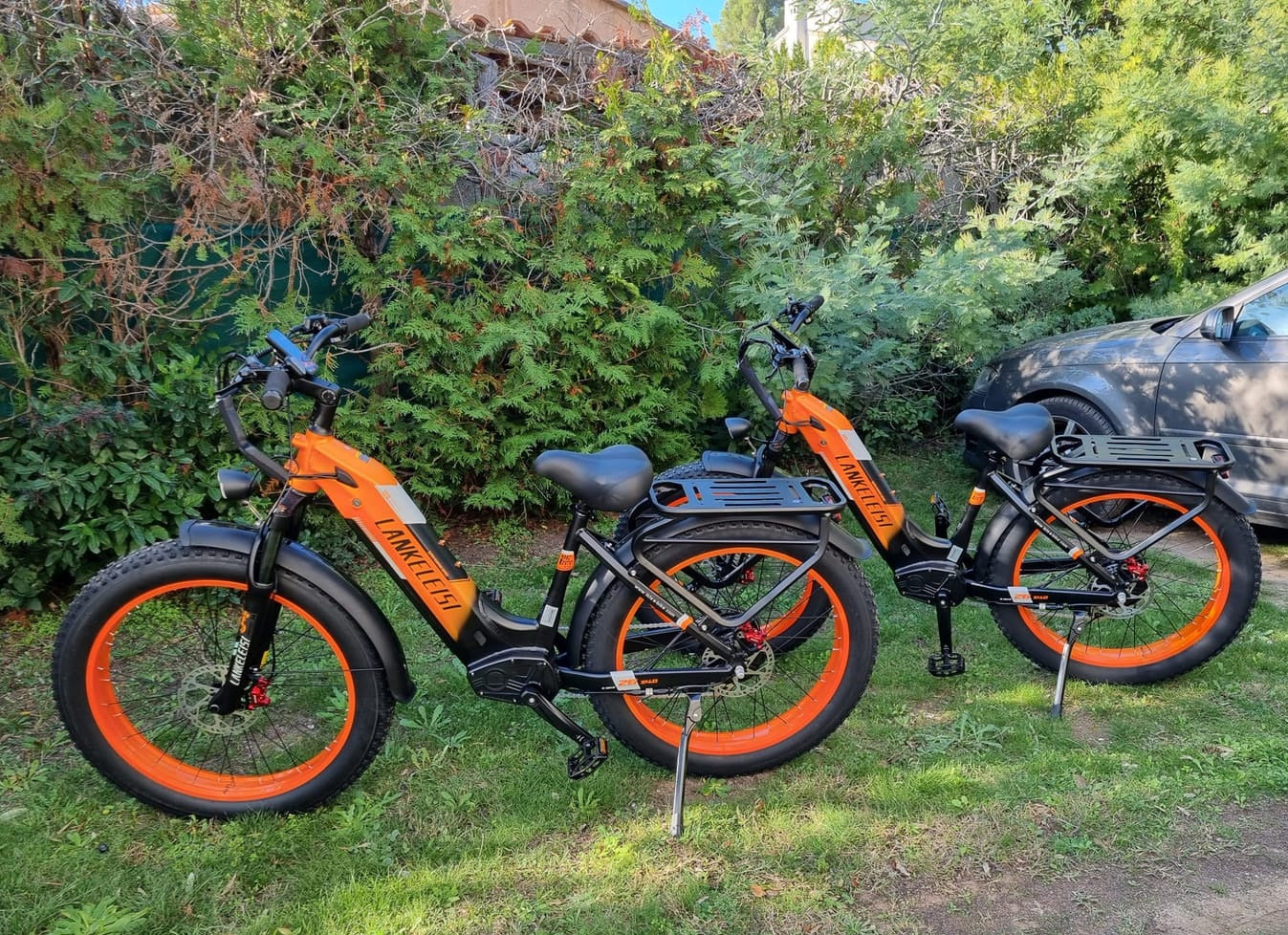
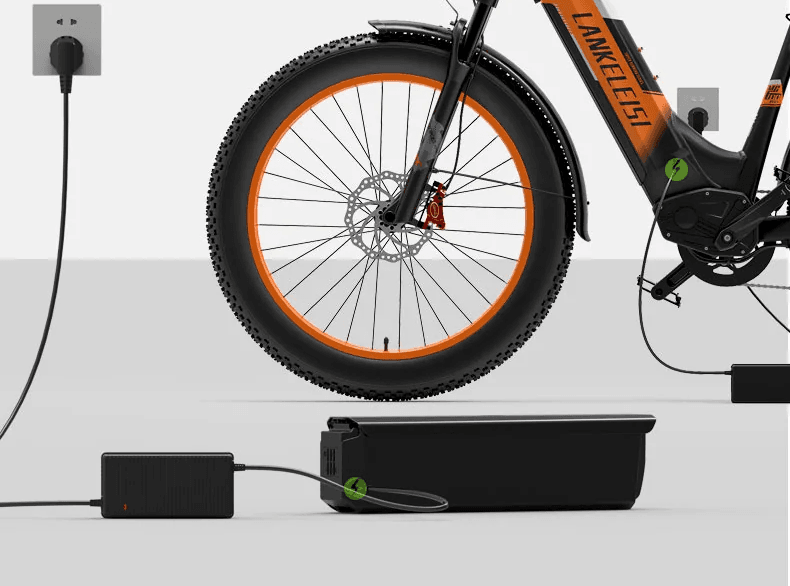
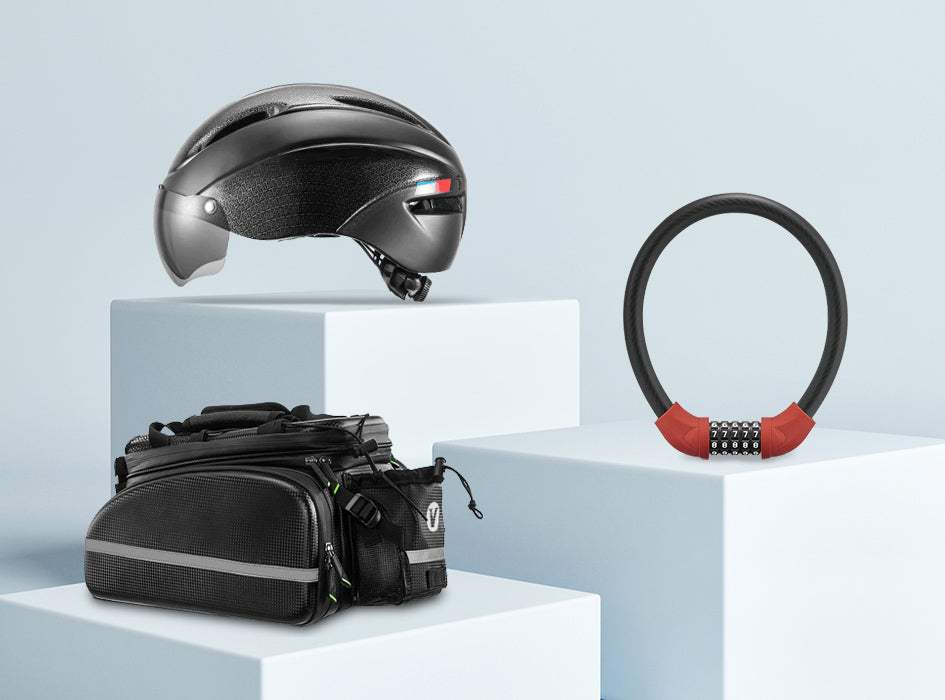
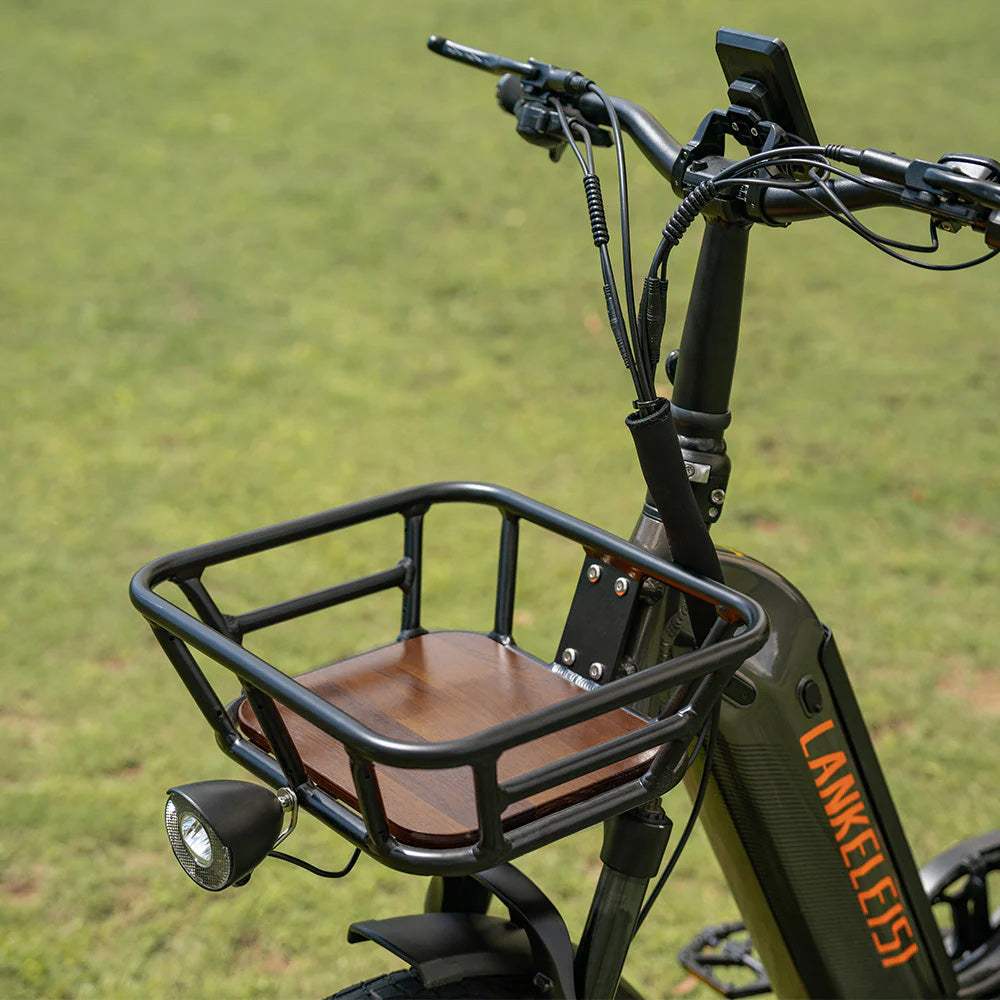
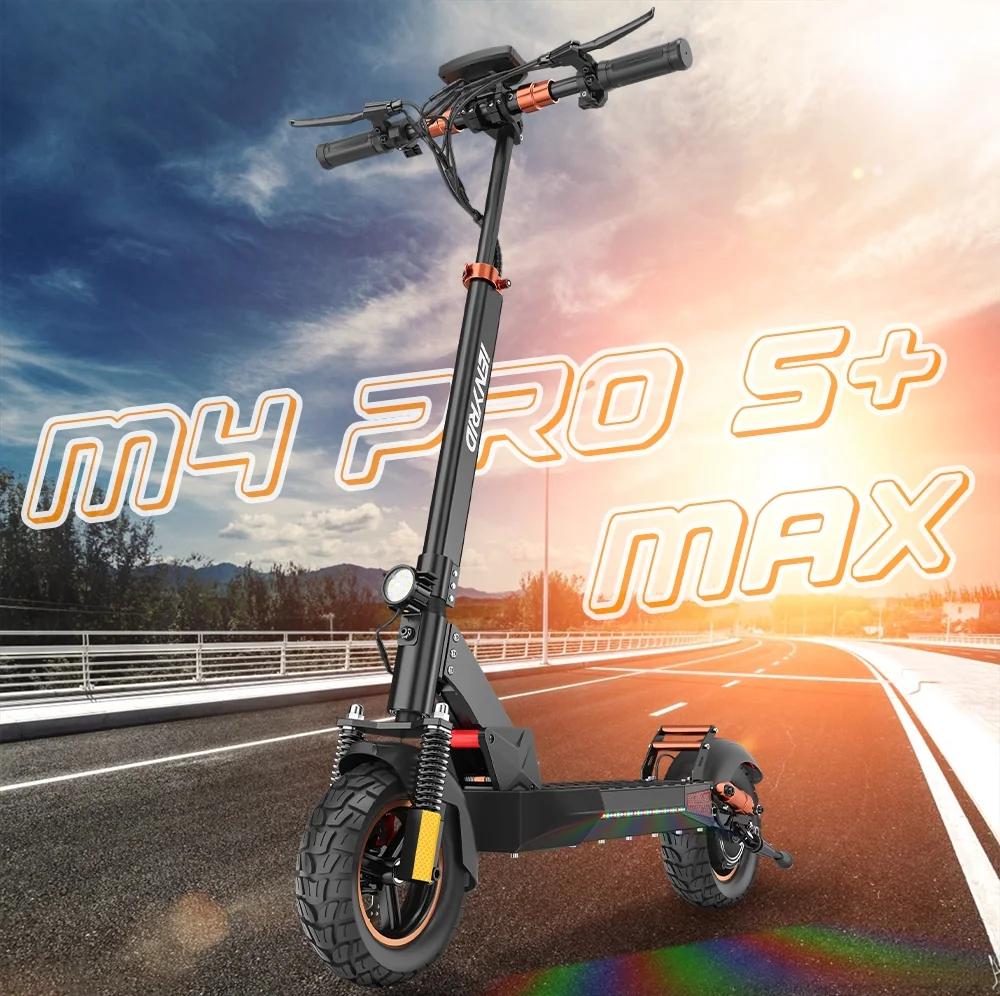
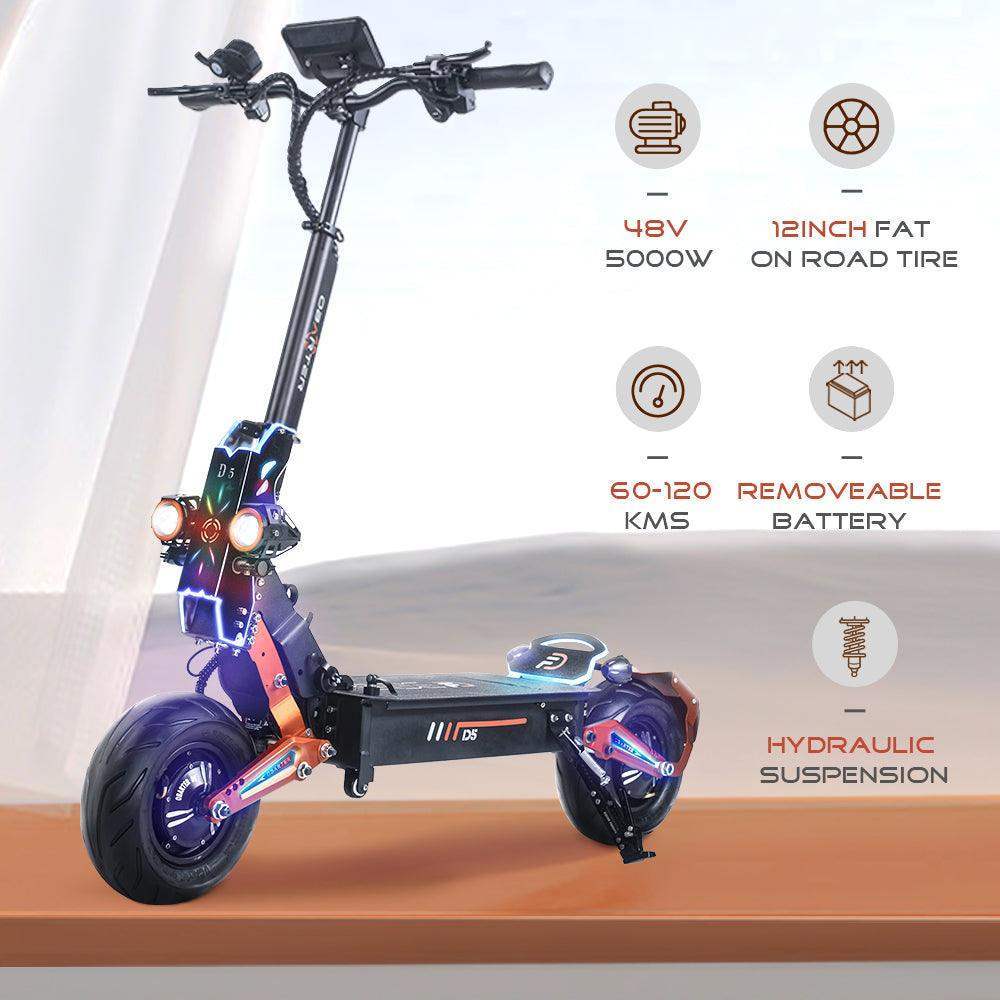































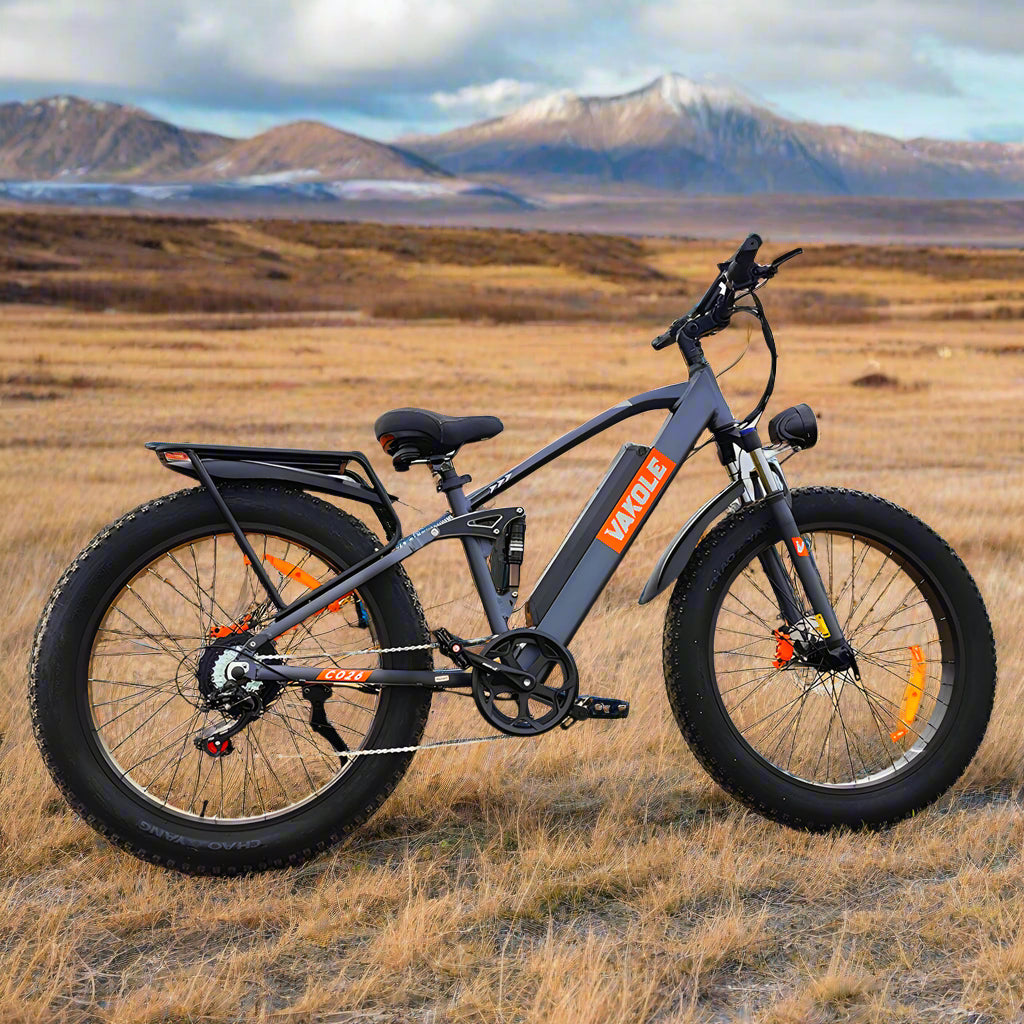



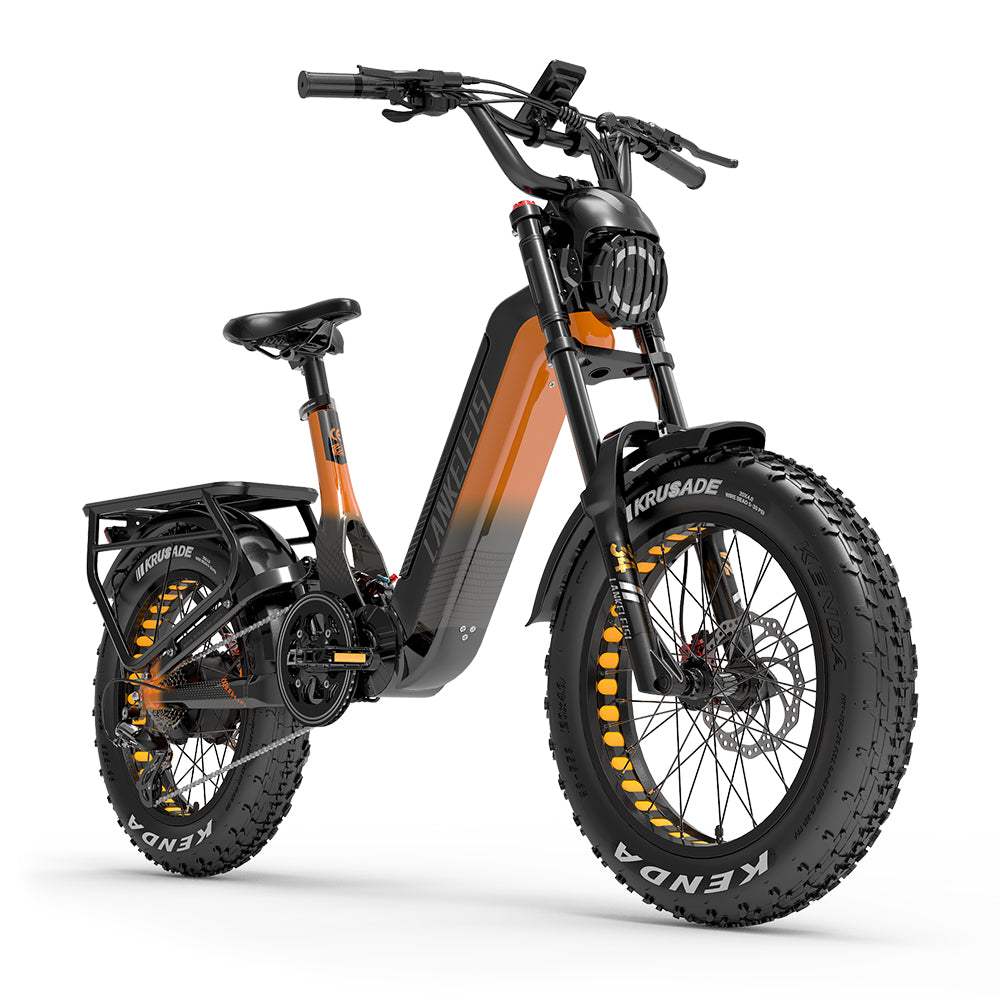
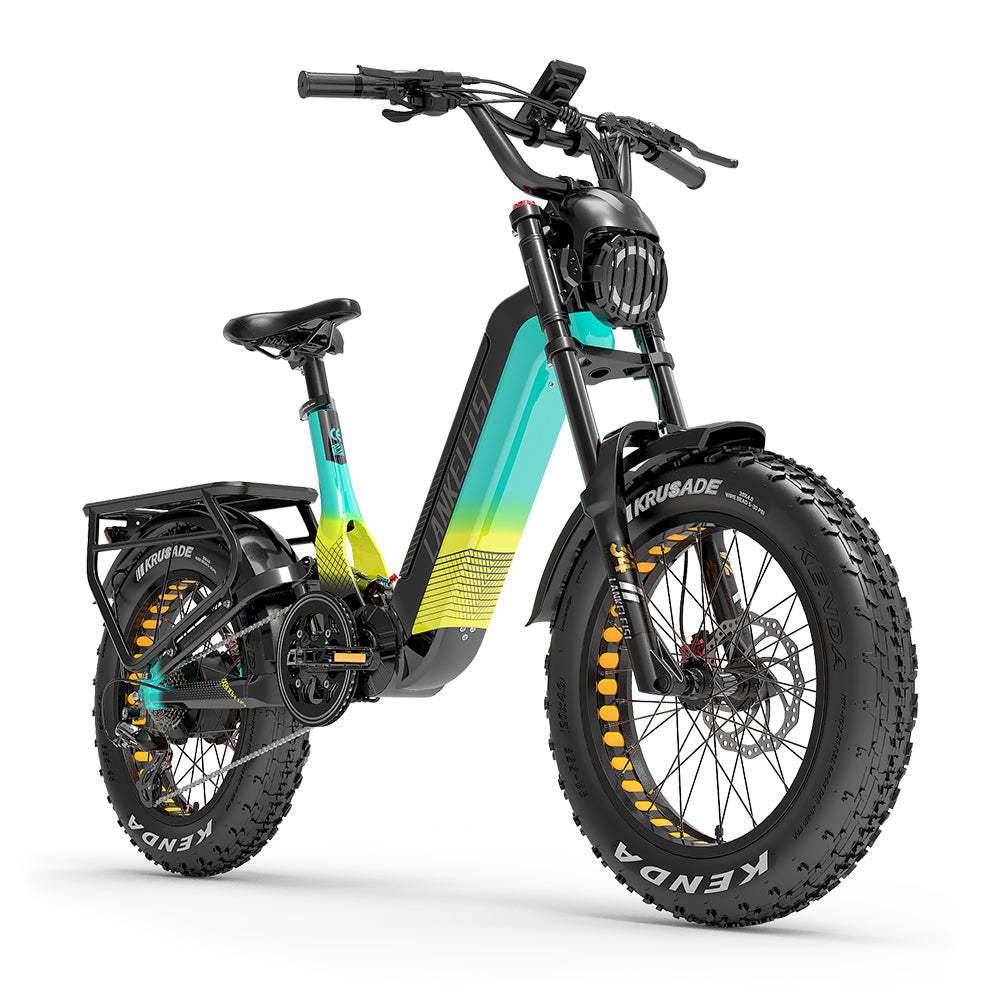
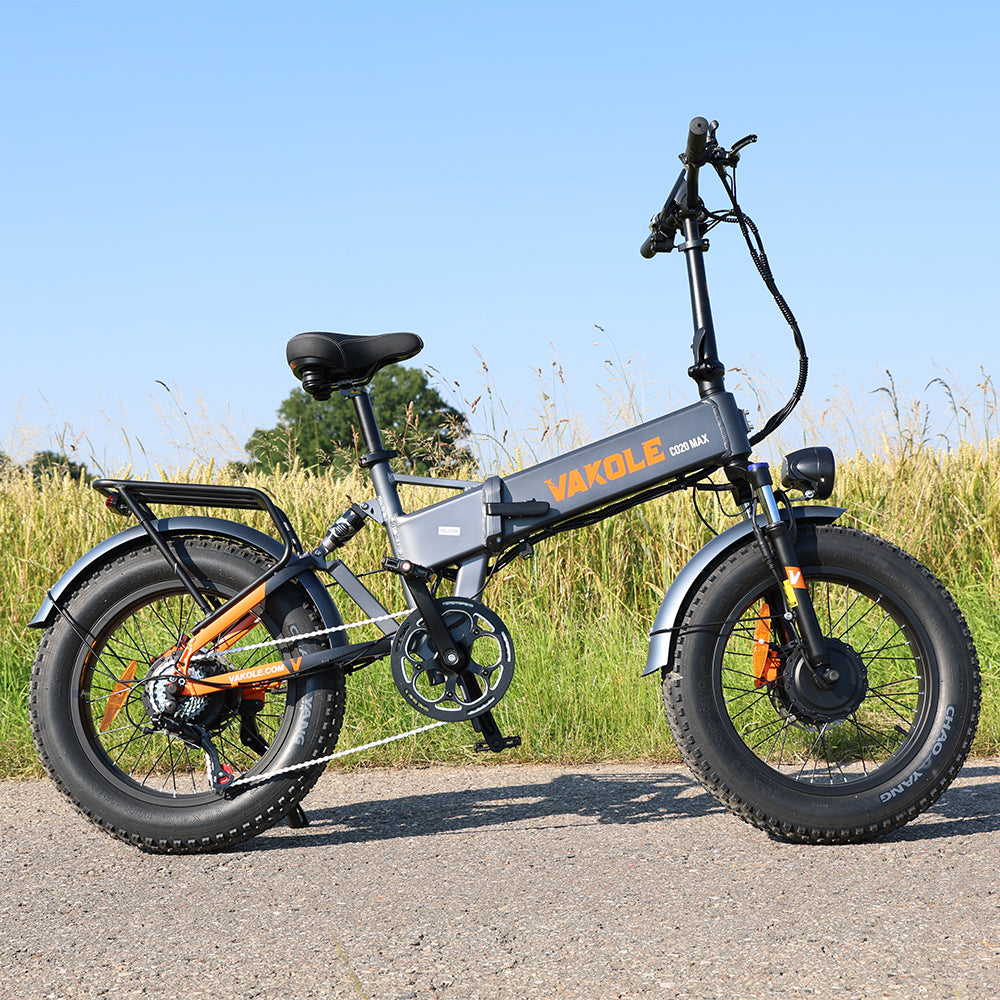
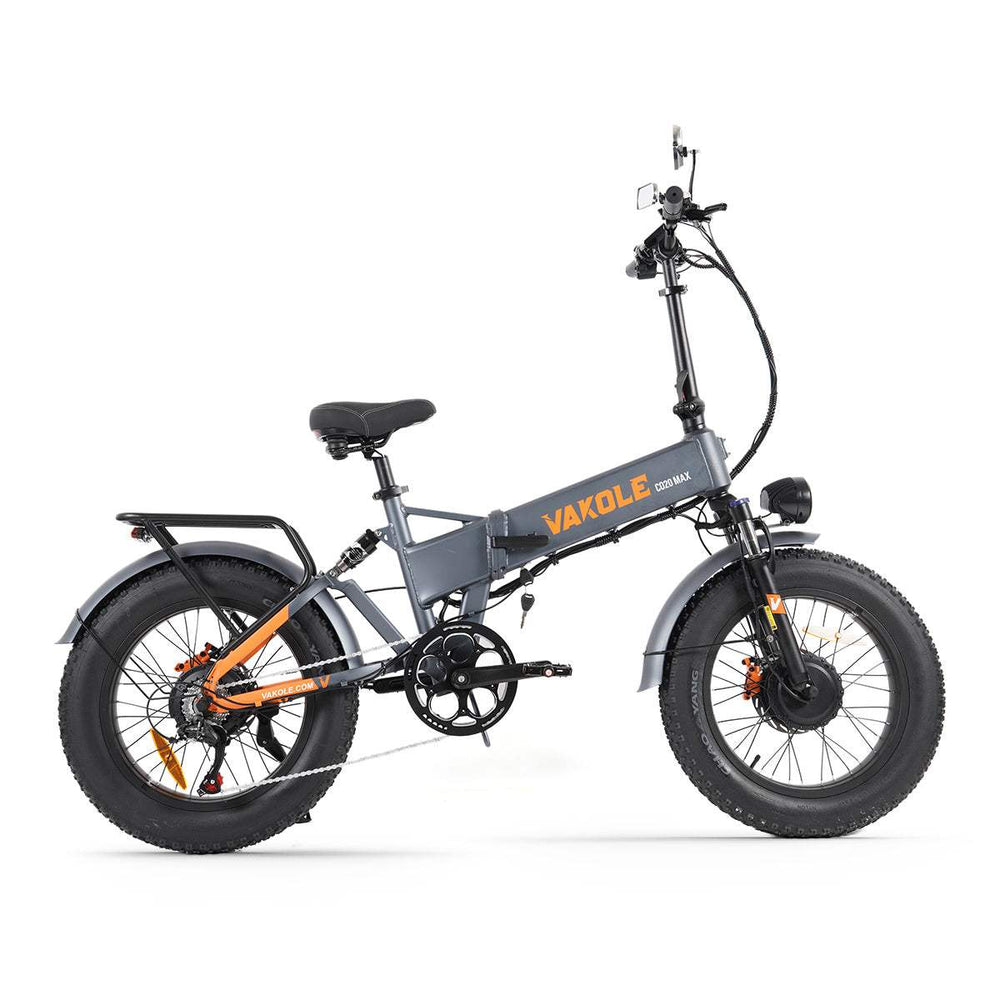
















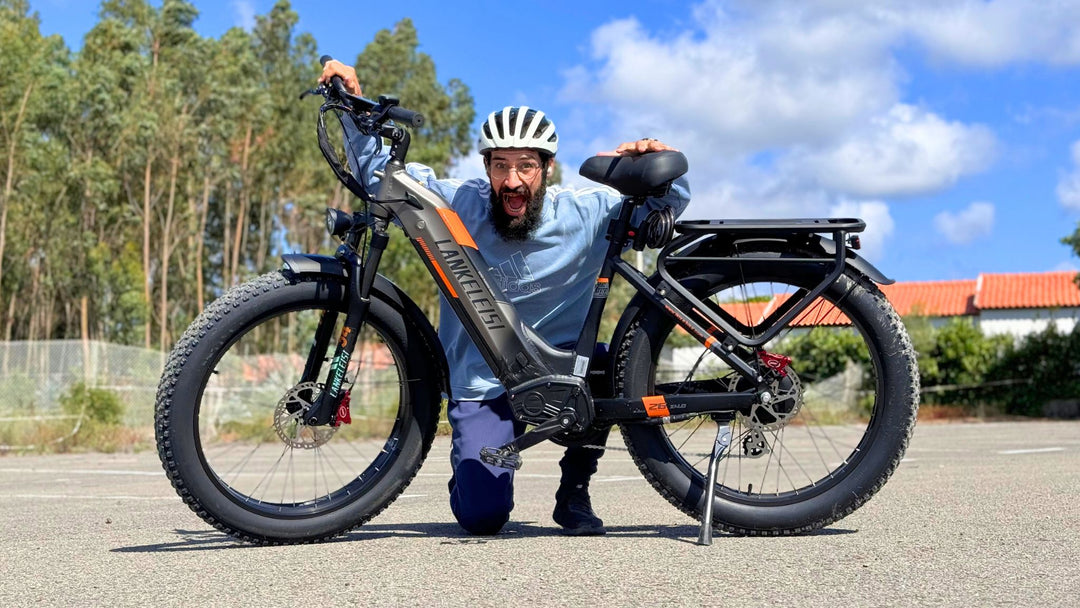
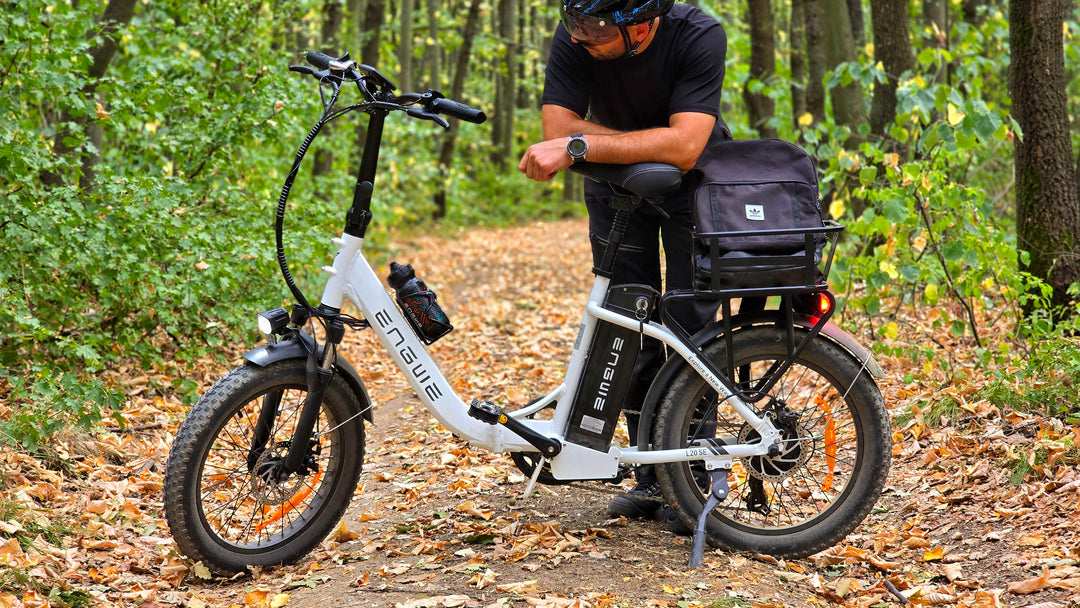
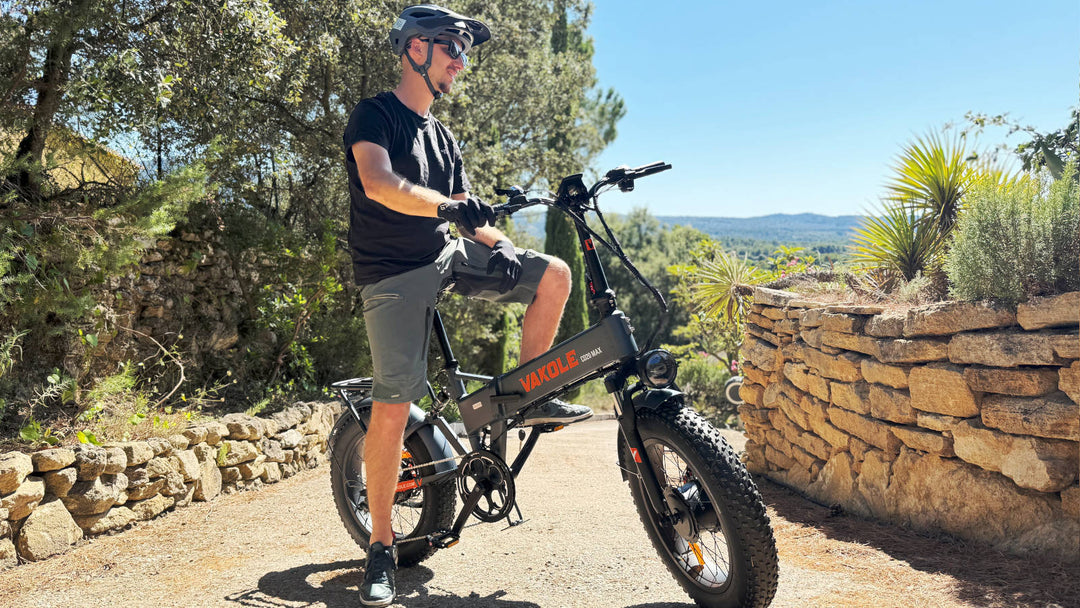
Leave a comment